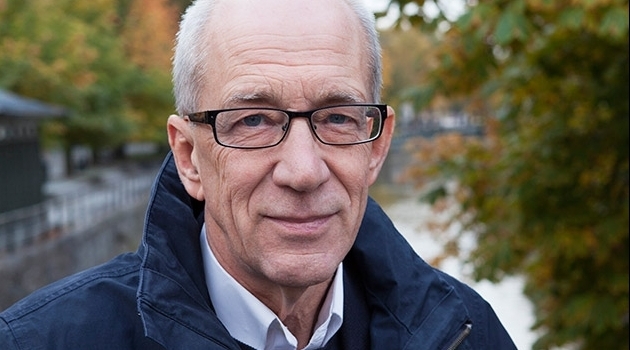Otto Cars appointed to UN group on antibiotic resistance
Otto Cars, Senior Professor of Infectious Diseases at Uppsala University and founder of the international network ReAct, has been selected as a member of a newly appointed UN group to coordinate international work on antibiotic resistance.
In September 2016 the UN member states adopted a global action plan to combat antibiotic resistance which is increasing globally. Otto Cars, who long has been committed to solving the problems of antibiotic resistance, is one of the experts selected for the group with representatives from different bodies within the UN and a number of international organisations.
“It is incredibly exciting and an honour to be given this opportunity to help shape the world’s handling of antibiotic resistance, which is a global health challenge that requires sustainable and truly global solutions,” says Otto Cars.
What does this mean for the issue of antibiotic resistance?
“It is undoubtedly a great step forward. Antibiotic resistance is finally being viewed as a global development issue and not just a health issue. Several UN bodies will now hopefully be part of the work. The vision exists – a world in which no-one should have to be worried about infections that aren’t treatable. But we also need to realise that the path ahead will not be smooth, it will be filled with compromises and pragmatic solutions. In the long term I hope the world can reach binding agreements about the use of antibiotics.”
What is the most pressing part of the issue of antibiotic resistance?
“Right now there is a severe imbalance. The development of new antibiotics has stood still for too long and usage is unchecked in many parts of the world. The scientific challenges of finding new antibiotics must be solved through international cooperation. A global fund is needed in order to support low and middle income countries in their work to strengthen control of access and usage of antibiotics in healthcare, and to lessen the dependence on antibiotics in animal husbandry.”
What does this appointment mean for Sweden’s role and for the University’s antibiotic resistance initiatives?
“I am selected for the group as an independent expert, but of course I bring the knowledge I have both from working in Sweden and Uppsala. The issue is complex and spans all sectors and policy areas. There is a great need for increased international cooperation and here is a space where Sweden can take on a leading role.”
What does this mean in practice, how will it shape your work day?
“I still haven’t received any detailed information about the forms for the group’s work. Of course it will mean more work and more travel. When the group has begun its work I hope to be able to use the knowledge and wisdom of people both in ReAct and in my personal network.”
Find out more about the Interagency Coordination Group on Antimicrobial Resistance
Anneli Waara

